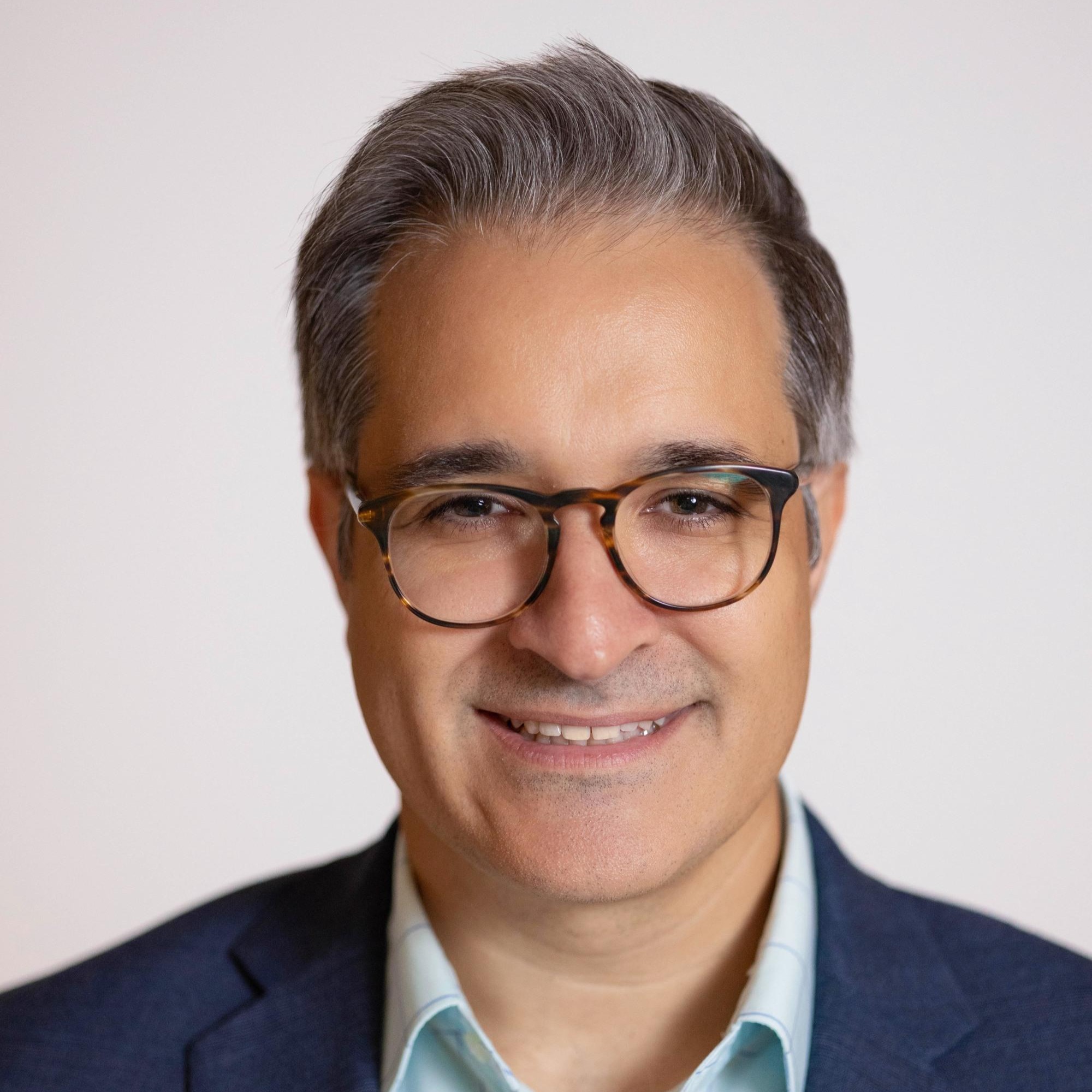Dr. Thomas Dobbs, Dean of the John D. Bower School of Population Health at the University of Mississippi Medical Center, writes about problems impacting public health, such as underfunding, bureaucracy, and inadequate administrative support, in an...
Dr. Thomas Dobbs, Dean of the John D. Bower School of Population Health at the University of Mississippi Medical Center, writes about problems impacting public health, such as underfunding, bureaucracy, and inadequate administrative support, in an article for Health Affairs; Omar Khalid, ASTHO’s Director of Workforce Development, says ASTHO has a new online resource hub to help agencies build resilience among members of their workforce; and five years ago today, ASTHO delivered the first episode of the Public Health Review podcast.
Health Affairs News Article: Getting Government To Work For Public Health
Public Health Review Podcast: The Epidemic of Epidemics: Opioids, Part I
ROBERT JOHNSON:
This is Public Health Review Morning Edition for Tuesday, February 28th, 2023. I'm Robert Johnson. Now, today's news from the Association of State and Territorial Health Officials.
THOMAS DOBBS:
One of the things that people don't realize or understand is the machinery of government is largely broken, and an impediment to successful public health interventions.
JOHNSON:
ASTHO alum Dr. Thomas Dobbs on the roadblocks facing public health. The former Mississippi state health official writes about problems, like underfunding bureaucracy and inadequate administrative support in a new article for Health Affairs.
DOBBS:
You know, it does exist at a federal level, but my experience really is mostly at the state level, where there are so many sort of restrictions about procurement, hiring, you know, pay caps, all those sorts of things, such that we've really sort of hobbled public health in a way that it can't reach or achieve its core mission.
JOHNSON:
Dobbs says it got a little easier to navigate the system during the pandemic but adds those improvements didn't last long.
DOBBS:
One of the things that we experienced during COVID, that was a little bit sort of illuminating to me, is when we dropped some of those barriers, we had emergency rules where we can access equipment, and we sort of loosened some of the opportunities to hire new folks, were able to ramp up and really have a phenomenal response. But now that that's gone, we're back into this sort of, you know, walking through tar to get anything done.
JOHNSON:
He says it's time to, quote "unleash the power of public health".
DOBBS:
There are a lot of talented people who want to get involved. There's a lot of us who are very interested in public health. Part of it needs to be that the federal funders and CDC need to acknowledge local priorities and capacities and funded in a way that doesn't really conform to what four smart people in a dark room decide without getting any external input.
JOHNSON:
You can read Dr. Dobbs column in Health Affairs. We've got the link in the show notes.
ASTHO has a new online resource hub to help agencies build resilience among members of their workforce. Omar Khalid says it's all part of ASTHO's Public Health, Equity, Resilience, and Opportunity Program (PH-HERO) initiative.
OMAR KHALID:
Well, we want the resource hub to be useful on the user's terms and not just a list of everything that's ever been written about public health workforce. Each resource that we have on the resource hub is categorized by resource type, whether it's a think piece or a case study, or maybe an assessment tool.
JOHNSON:
Khalid says everything on the side is curated to help leaders jumpstart their thinking and improve their response to workforce issues and concerns.
KHALID:
You may find something that causes them to think a little bit more strategically or about some ways that they can take immediate action even to address some issues that they'd like to see improve in their public health workforce.
JOHNSON:
Khalid says the new resource hub will be updated frequently to ensure visitors have access to the latest content on workforce issues.
KHALID:
Yeah, this is a living library of resources. This is a topic that's currently of great interest, and a lot of things are being created and written about it right now. So, we're always adding and vetting and considering the resources as we come across them for their benefit to our members before we include it on the site.
JOHNSON:
Also, today, stay up to date on everything happening in public health policy, when you sign up for ASTHO's legislative alert emails. If it happens in a state capitol or here in Washington, D.C., you'll know about it if you join the list using the link in the show notes.
Finally, this morning, it was five years ago today, February 28th, 2018. When asked who delivered the first episode of the Public Health Review podcast. The topic five years ago? The opioid epidemic. Unfortunately, we're still talking about the problem of opioids today. You can go back and listen to that very first conversation and all that have followed since then using the link in the show notes.
That'll do it for today's newscast. We're back tomorrow morning with more ASTHO news and information. I'm Robert Johnson. You're listening to Public Health Review Morning Edition. Have a great day.






